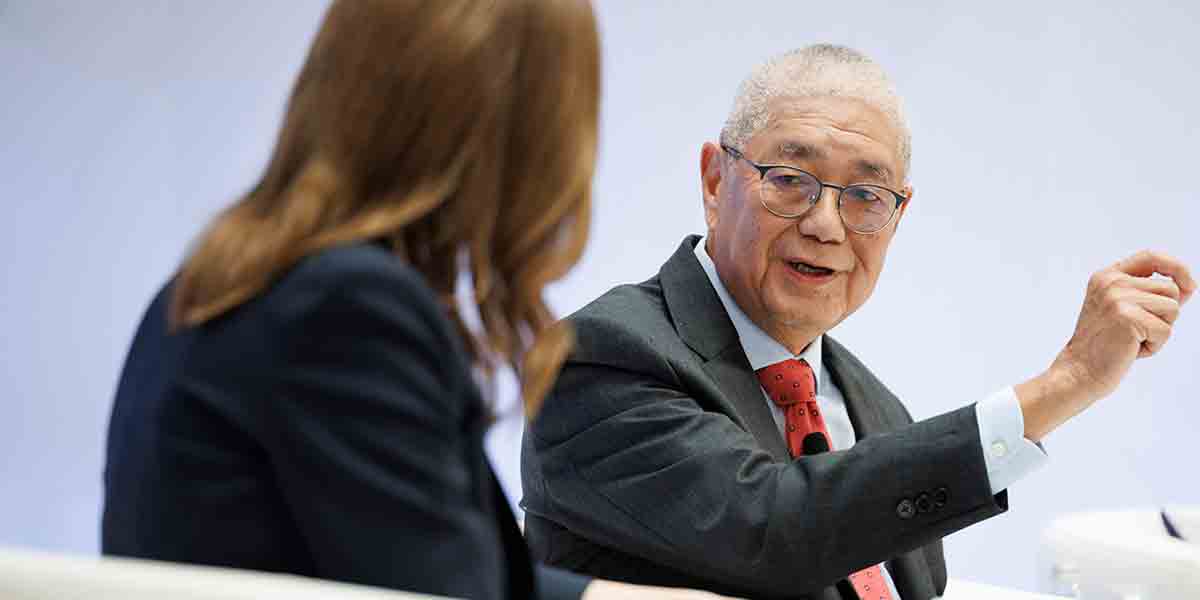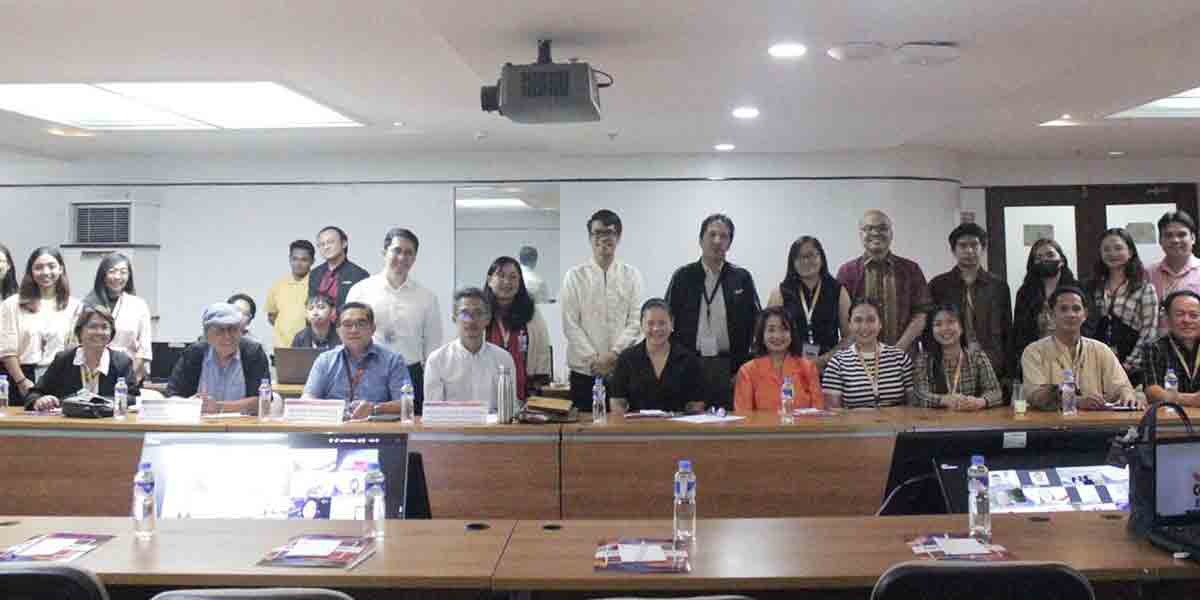By Herman M. Lagon
Imagine a world without teachers: one absent of the buzz of learning in the classroom, one excluding students from being shaped into future professionals, and one devoid of support for those looking for guidance during their formative years. We owe our teachers much more than a single day of celebration because it would be a dysfunctional world without them. Given that October 5 is World Teachers’ Day and September 5-October 5 is National Teachers Month, we must examine the realities of teaching and the reasons why, despite all, educators continue to play a crucial role in determining the course of our country.
At its heart, teaching goes far beyond textbooks, tasks, and exams. It is about sparking curiosity in students, helping them build resilience, and encouraging them to think critically while leading with compassion. It is simple to romanticize the position, viewing educators as saintly individuals to be exalted. Although this impression is frequently true, it falls short of describing the complexity of their daily existence. In addition to being educators, teachers also serve as mentors, role models, and occasionally even as students’ second parents (loco parentis). However, this complex job frequently faces stagnant pay, few resources, and little social recognition.
Teachers still face many obstacles, particularly in the Philippines. Even the most committed are burdened by crammed classrooms, out-of-date instructional materials, tons of paperwork, and a growing administrative backlog. Particularly for those teaching in remote locations, many educators have also been forced to grapple with limited use of technology aside from these existing hurdles. The pandemic and the frequent natural calamities made it even worse, with schools forced to switch to remote learning. The instructors in far-flung areas could hardly provide the best training needed when their internet connections were spotty or non-existent. This is not just a minor inconvenience but a systemic breakdown that worsens educational inequality and learning gaps.
Ironically, many teachers, especially those in small private schools, continue to receive lower pay than other public servants despite our dependence on them to help us navigate the complexity of today’s world. Former Senator and now DepEd Secretary Sonny Angara made a great point when he said that the beginning pay for police officers is far greater than that of teachers. This disparity is striking, mainly because education plays a larger role in ensuring the long-term stability of our society than any other sector—this includes our economy and democracy. Should we better prepare our teachers for their futures, as we expect them to prepare our students for what lies ahead?
Teachers are indeed excellent examples of adaptation. They are bound to adapt their methods in this era of rapid technological change to remain relevant. Switching to online learning during and after the pandemic is more than a temporary fix. It is a wake-up call for a country falling behind in digital literacy and infrastructure. We should arm the modern teacher to be able to succeed. Smartboards must replace chalkboards, tablets must replace texts, and students must be fully immersed in this digital learning platform as a precursor to a future assisted, if not led, by technology. However, we also cannot ignore the human factor—educators’ close relationships with their students and the soft skills they transfer, which are still more important today than ever.
The greatest equalizer in a student is not technology, despite its current importance, but rather the kindness and commitment of educators. Teachers impart life lessons in addition to academic knowledge. They build deep bonds with students, particularly those who might not get parental support. A teacher may be the only reliable source of stability and direction in kids’ lives from challenging homes. Beyond the classroom, teachers frequently act as lifeguards for their students, providing support and encouragement when needed most.
However, what occurs when those we rely on for our intellectual and emotional development face difficulties? A severe problem worsens: teachers are burning out because they must do more with less. With so many responsibilities and numerous students to attend to, it’s no surprise that many teachers report feeling stressed due to the limited time they have for themselves. 84% of teachers responding to the RAND Corp. during the pandemic said they felt more stressed than otherwise. This shows how bad things have gotten. This number is particularly relevant for Filipino teachers, many of whom are still unable to access the necessary mental health resources until now.
Asking teachers to “take care of themselves” is not a sufficient solution when the structural problems causing their stress are not resolved. We must pay our teachers more, lower class sizes, de-load them from other tasks, re-tool them further, and invest in their mental and emotional health to ensure they stay productive. Additionally, schools must refocus on fostering spaces where educators can freely discuss their challenges without worrying about being judged or stigmatized. In this situation, taking care of oneself is not selfish—rather, it is necessary.
Nevertheless, despite these difficulties, many teachers continue to work hard and passionately in their profession—not for recognition but for the opportunity to help create a better future. They are aware that teaching is only one aspect of their job; another is sowing the seeds of hope, curiosity, and perseverance in every student they encounter. These seeds sprout into the future, world-shaping ethical scientists, creative artists, servant leaders, and responsible citizens.
Although World Teachers Day and National Teachers Month are huge dates on our calendar, it is essential to celebrate teachers every day of the year. It’s a calling, not a job, for men and women who give their lives to educate our children; we should be grateful daily. More than just our appreciation and respect, teachers should also receive better working conditions, remuneration, and, most importantly, social support.
Let’s consider how we can make teachers’ lives easier by considering their essential role in our lives. Remembering this when we support improved policies, offer emotional support, or say “thank you” is important because our nation’s education standard is closely related to the standard of living for our teachers. And if we genuinely think that the country has a bright future, we need to support the people who work tirelessly to create it.
A great teacher once said, “Teaching gives so much for so little.” We need to change that. Not just on World Teachers Day but every day of the year, we must give our teachers what they genuinely deserve.
***
Doc H fondly describes himself as a “student of and for life” who, like many others, aspires to a life-giving and why-driven world grounded in social justice and the pursuit of happiness. His views do not necessarily reflect those of the institutions he is employed or connected with.





















